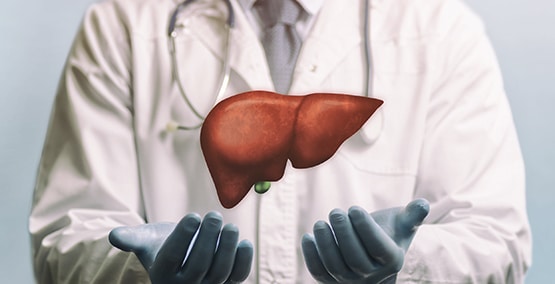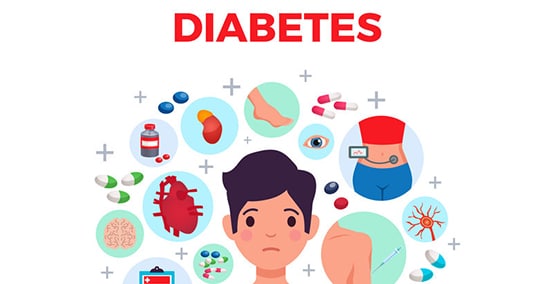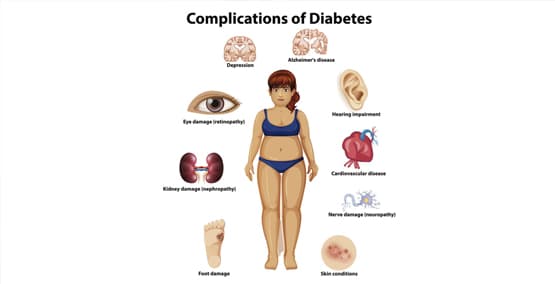
Bone health in pancreatic disorders
The role of osteoporosis in cystic fibrosis and EPI
-
You may have heard about osteoporosis. The word means "porous bones" that are weak and can easily break or fracture. Typically, it's seen in older women who have low estrogen levels, those who are on steroids, are sedentary , or are very thin.
But it's also fairly common in people with CF (Cystic Fibrosis) and EPI (exocrine pancreatic insufficiency). It could be due to a diet low in calcium and vitamin D, which encourages the absorption of calcium.
Testing for Osteoporosis
Measuring calcium levels in the blood isn't very helpful. The body maintains the blood level of calcium for important roles in keeping the muscles and heart working well. Instead, when the diet is not adequate in calcium, the body pulls calcium from the bones to keep the blood levels steady. And that's why the bones become weak and can break.
Measuring Vitamin D blood levels can be more helpful. The blood test, 25(OH) vitamin D gives a good picture of the vitamin D in the body and if there's enough to help calcium get absorbed.
When it's low (vitamin D deficiency) or when someone has been taking steroids for a long time, a test of bone strength can be done.
The test for bone density and osteoporosis is an x-ray scan called a DEXA. The scan measures the density of the bones in the spine and hip. The findings are usually compared to others in the same age group. This provides a number called a z-score. A zero is average. Any positive number is good. A negative number is below average and usually suggests that extra calcium and vitamin D would be helpful. A z-score of -2 or lower often means that further treatment may be needed.




